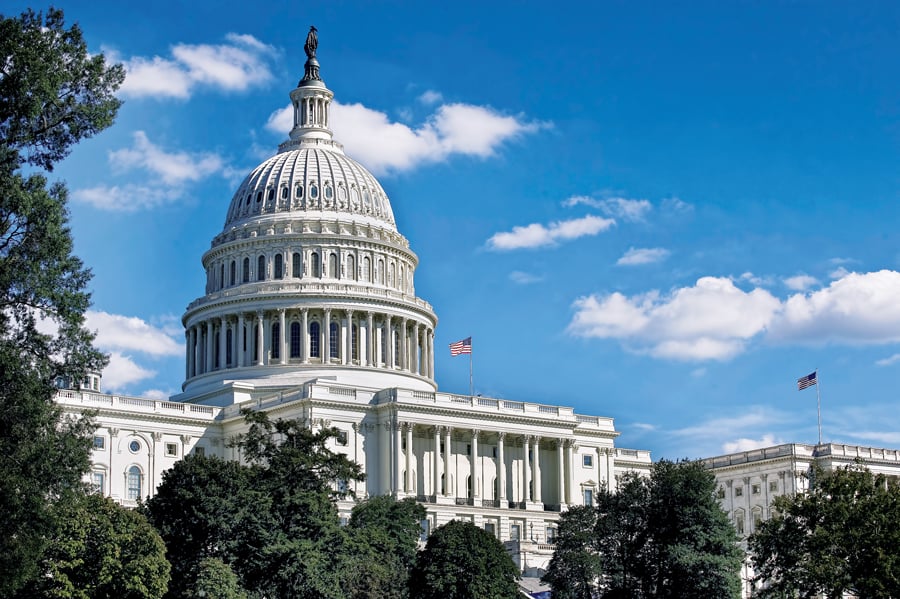

A U.S. House of Representatives bill introduced today is the latest attempt in Congress to tamp down on capital gains tax for retirees.
Those taxes would be reduced by the rate of inflation — a concept that has been floated in the past but has failed to progress. Rep. Tom Emmer, R-Minn., reintroduced the bill, the Retirement Inflation Protection Act, after an identical measure died in committee last October.
The legislation would allow an inflation adjustment for stock or business property held by people 59 ½ or older who have held the assets for more than three years. The inflation adjustments would be made according to the Chained Consumer Price Index for All Urban Consumers.
“Currently, the tax system inadvertently penalizes our aging Americans for offloading these investments — the very investments that are designed to financially secure their retirement — because capital gains taxes are not indexed for inflation,” Emmer said in an announcement from his office.
The bill “would make it clear that taxes are not owed on gains that are simply the result of inflation,” the announcement stated.
Emmer has been active in legislation affecting the financial services industry. He has also introduced bills designed to curb litigation against mutual fund providers for allegedly charging excessive fees. Emmer has also shown much interest in regulations governing cryptocurrency, including how such assets are taxed and how brokerages can hold them.

Integrated Partners is adding a mother-son tandem to its network in Missouri as Kestra onboards a father-son advisor duo from UBS.

Futures indicate stocks will build on Tuesday's rally.

Cost of living still tops concerns about negative impacts on personal finances

Financial advisors remain vital allies even as DIY investing grows

A trade deal would mean significant cut in tariffs but 'it wont be zero'.
RIAs face rising regulatory pressure in 2025. Forward-looking firms are responding with embedded technology, not more paperwork.
As inheritances are set to reshape client portfolios and next-gen heirs demand digital-first experiences, firms are retooling their wealth tech stacks and succession models in real time.
